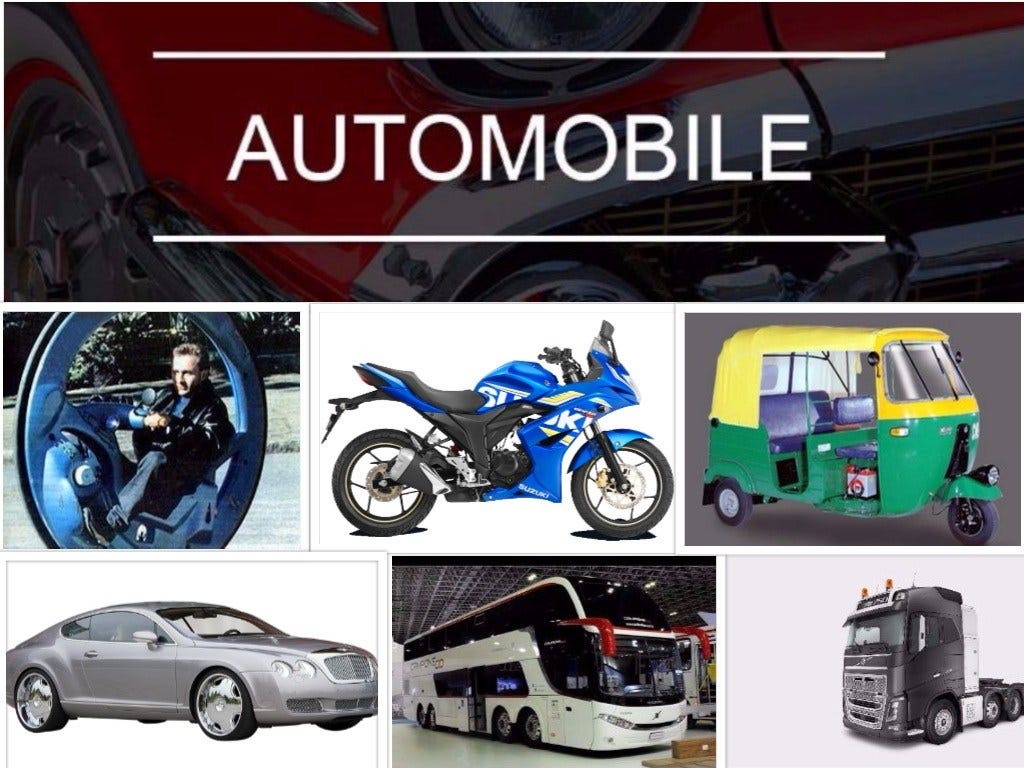1. The Rise of Electric Vehicles (EVs)
Electric vehicles have moved from a niche market to a mainstream choice for consumers worldwide. With growing concerns over environmental degradation, government policies, and fluctuating fuel prices, electric cars have become a viable and sustainable alternative to traditional gasoline-powered vehicles.
Key Benefits of Electric Vehicles:
- Zero Emissions: EVs produce no tailpipe emissions, making them a cleaner option for reducing air pollution.
- Lower Operating Costs: With fewer moving parts and the absence of a combustion engine, EVs often require less maintenance.
- Government Incentives: Many countries offer tax credits, rebates, and other financial incentives to encourage the adoption of EVs.
As global leaders push for net-zero emissions, automakers like Tesla, Ford, and General Motors are doubling down on their EV investments, and consumers are increasingly choosing electric options for their next vehicle.
2. Autonomous Driving and AI Integration
Self-driving cars are no longer just a futuristic concept—they’re quickly becoming a reality. Companies such as Waymo, Tesla, and Apple are investing heavily in autonomous driving technology, with the goal of revolutionizing how we approach mobility.
The Potential of Autonomous Vehicles:
- Safety Improvements: Self-driving vehicles have the potential to significantly reduce accidents caused by human error.
- Convenience and Efficiency: Autonomous vehicles will allow for more efficient traffic management, reducing congestion and enhancing the overall driving experience.
- Increased Accessibility: Self-driving cars could offer independence to individuals who are unable to drive due to age, disability, or other factors.
As artificial intelligence (AI) improves, the accuracy and safety of autonomous vehicles will continue to increase. The widespread adoption of fully autonomous cars may still be a few years away, but the technology is rapidly evolving.
3. Sustainable Manufacturing and Materials
Sustainability isn’t just about the vehicles themselves—it also extends to how they’re made. With increased consumer demand for eco-friendly products, automakers are taking steps to reduce their environmental footprint throughout the production process.
Innovations in Sustainable Manufacturing:
- Recycled Materials: Many automakers are now incorporating recycled metals, plastics, and other materials into their vehicle designs, minimizing the need for raw materials and reducing waste.
- Energy-Efficient Factories: Manufacturers are transitioning to energy-efficient factories, powered by renewable energy sources such as solar and wind.
- Carbon Footprint Reduction: Companies like BMW and Volkswagen are committing to reducing carbon emissions in their production processes, furthering their environmental goals.
Sustainable practices are quickly becoming the norm, and consumers are increasingly prioritizing brands that are committed to reducing their impact on the environment.
4. The Role of Connected Cars
The future of automobiles also involves the integration of advanced connectivity technologies. With the advent of 5G networks, connected cars can communicate with each other and with traffic infrastructure, creating a smarter, more efficient transportation ecosystem.
Key Features of Connected Vehicles:
- Real-Time Data: Vehicles can provide real-time updates on traffic conditions, road hazards, and fuel efficiency.
- Enhanced Safety: Connectivity allows for systems such as automatic emergency braking, lane departure warnings, and collision alerts, helping to avoid accidents and improve safety on the road.
- Over-the-Air Updates: Automakers can remotely update a vehicle’s software, ensuring that cars are always equipped with the latest features and security patches.
The future of connected cars is expected to bring even more advanced technologies, including smart city integration, vehicle-to-vehicle communication, and improved driver assistance systems.
5. Hydrogen Fuel Cells: An Alternative Energy Source
While electric vehicles are gaining popularity, hydrogen fuel cells present a promising alternative for certain sectors of the https://sockitforward.com/ market. Hydrogen-powered vehicles are already in use in countries like Japan and South Korea, and automakers like Toyota and Hyundai are leading the charge in this area.
The Benefits of Hydrogen Fuel Cells:
- Faster Refueling: Unlike EVs, which can take several hours to recharge, hydrogen vehicles can be refueled in just minutes.
- Longer Driving Range: Hydrogen fuel cell vehicles typically offer a longer driving range compared to many battery-electric vehicles.
- Cleaner Emissions: Hydrogen fuel cell vehicles emit only water vapor, making them a zero-emissions alternative to traditional gas-powered cars.
While hydrogen fuel cell technology still faces challenges, such as the need for more refueling infrastructure, it has the potential to play a significant role in the future of sustainable transportation.
6. The Growing Importance of Vehicle Design and Personalization
As the automobile industry evolves, consumers are placing more value on design, aesthetics, and personalized features. Car buyers now have the ability to customize everything from the exterior color to the interior materials and technology features.
Trends in Vehicle Design:
- Minimalist Interiors: Many automakers are adopting minimalist interior designs, focusing on sleek, modern aesthetics with a focus on user-friendly technology.
- Sustainably Sourced Materials: Many consumers now prefer vehicles with interiors made from sustainable materials, such as vegan leather or recycled fabrics.
- Customization Options: Consumers now expect to have a range of options when it comes to color, trim, and even advanced technology features like augmented reality dashboards.
Automakers are responding by offering more personalized, customizable options to attract tech-savvy and eco-conscious buyers.
Conclusion
The automobile industry is on the verge of a revolution, driven by advancements in technology, sustainability, and consumer demands for cleaner, safer, and more efficient vehicles. Electric cars, autonomous driving, sustainable manufacturing, connected vehicles, and alternative energy sources like hydrogen fuel cells are shaping the future of transportation. As the industry continues to evolve, it will be exciting to see how these innovations contribute to a cleaner, smarter, and more connected world.
Whether you’re a car enthusiast or someone who’s simply looking for a more sustainable and efficient way to travel, the future of automobiles promises to bring about significant changes that will benefit both consumers and the planet.

